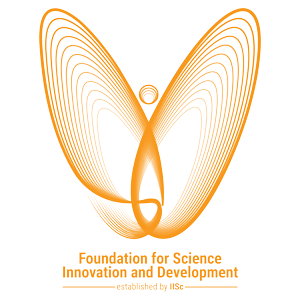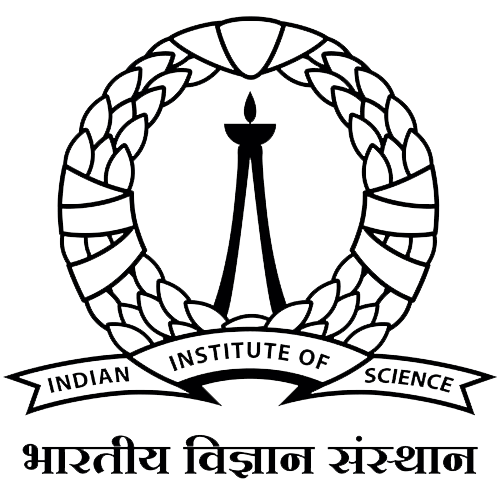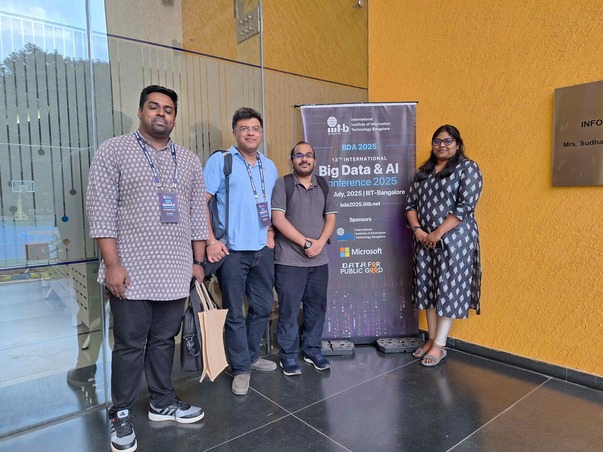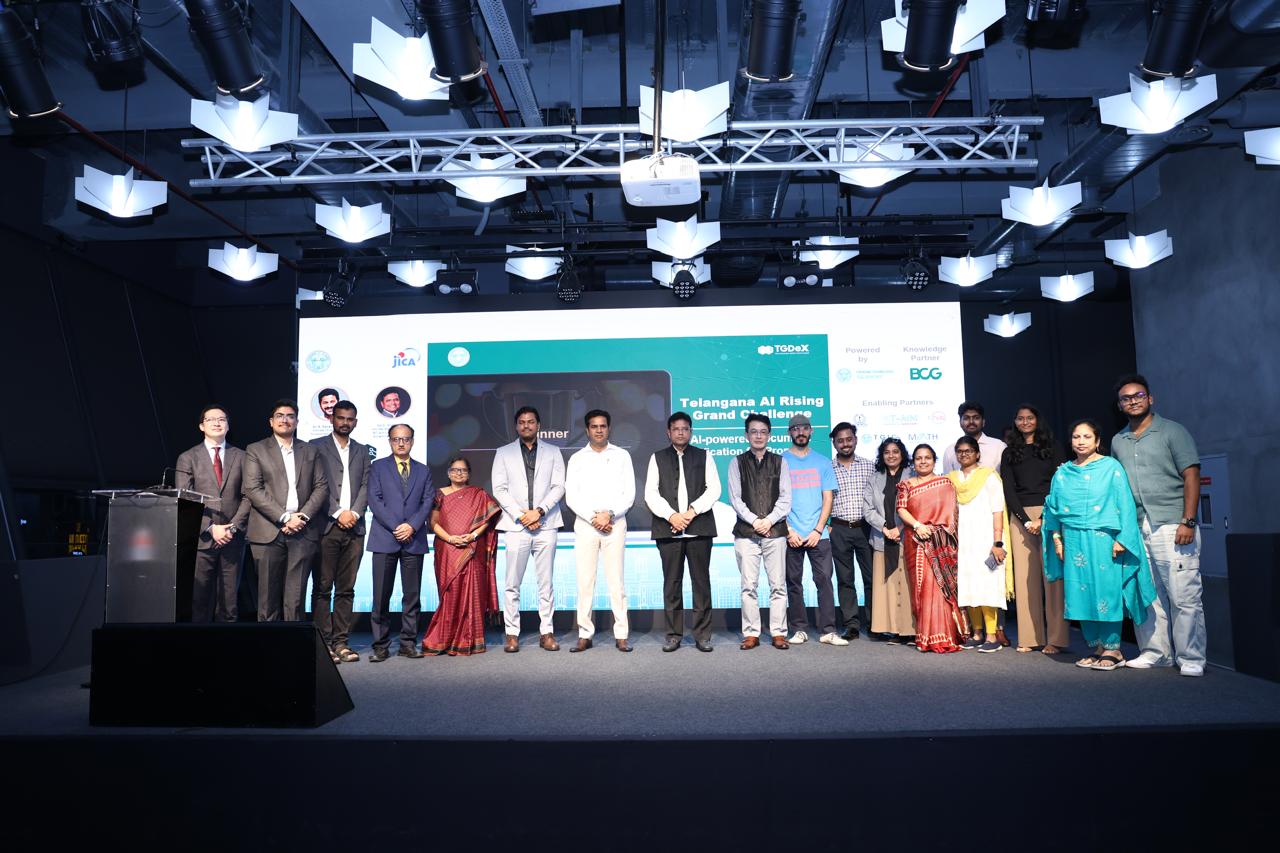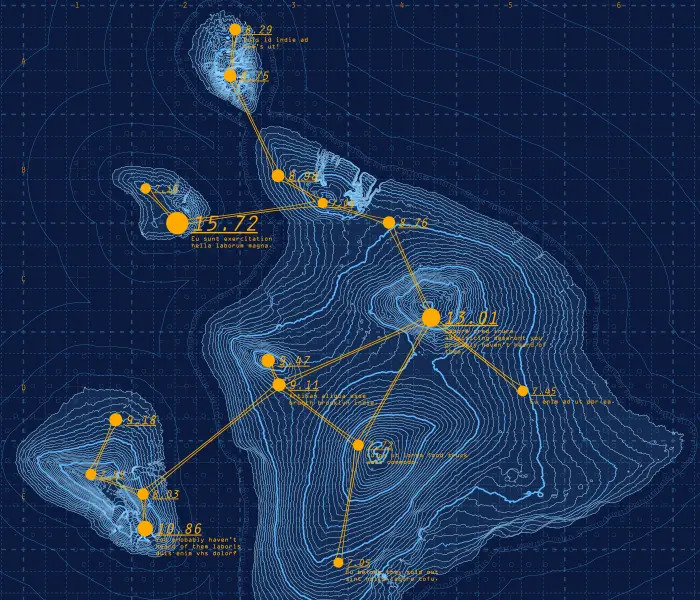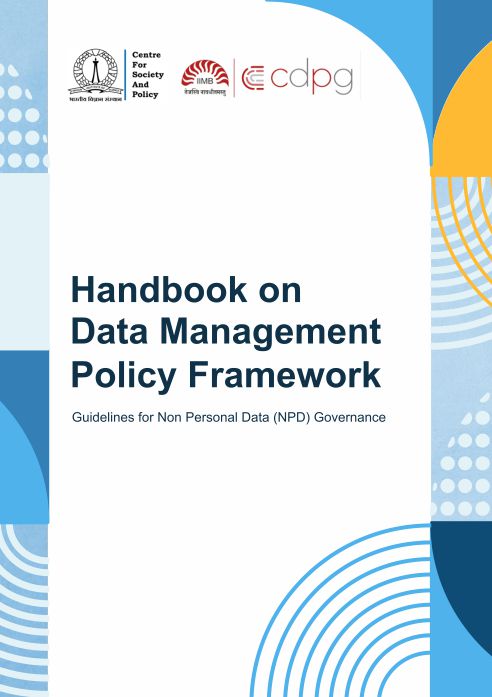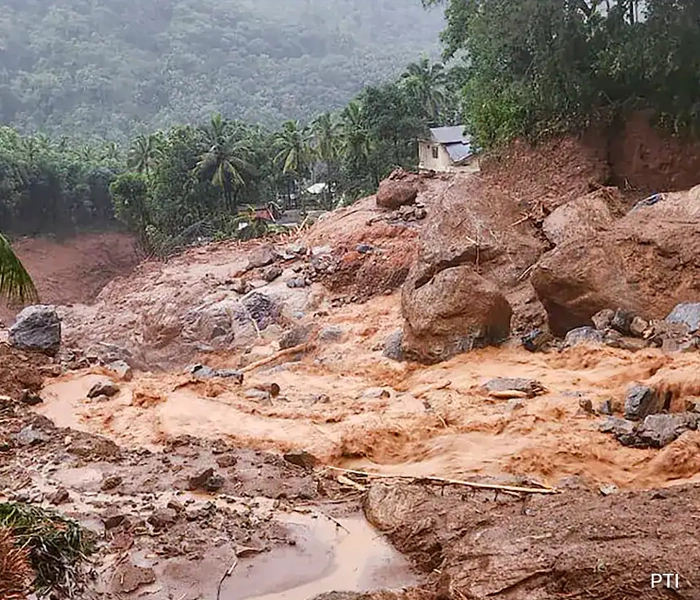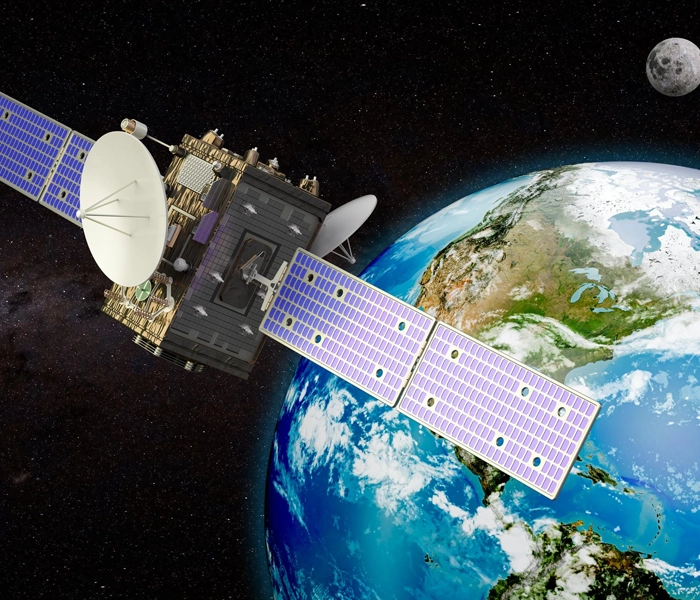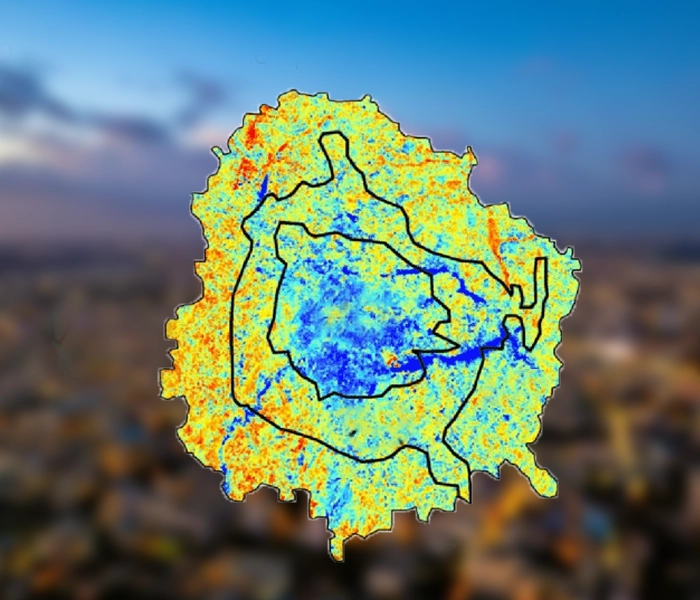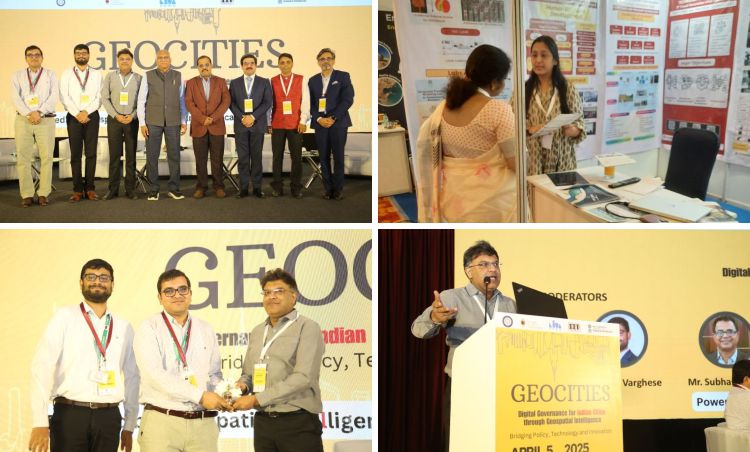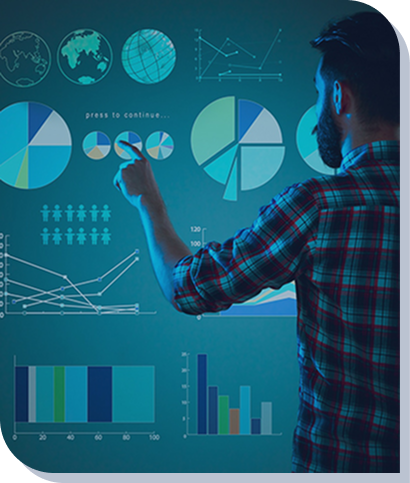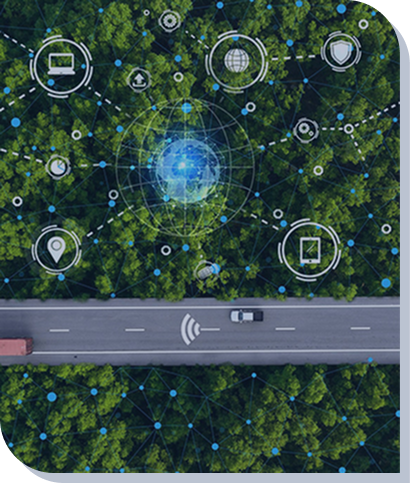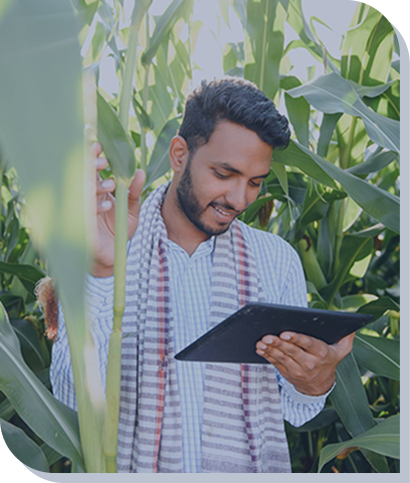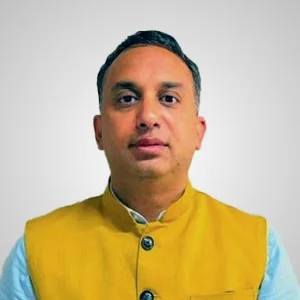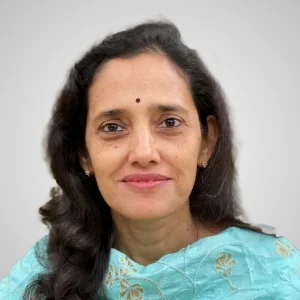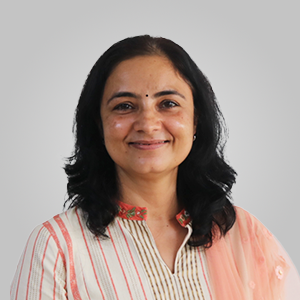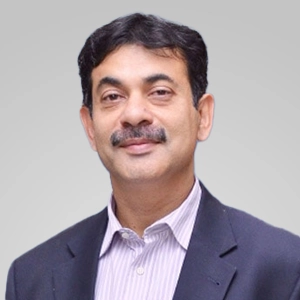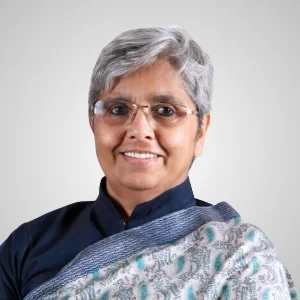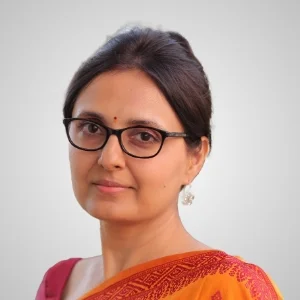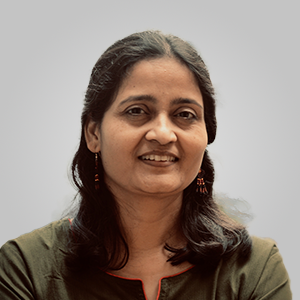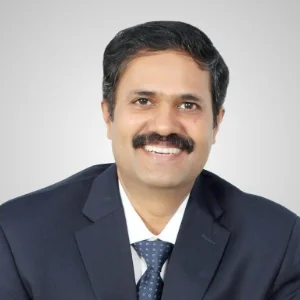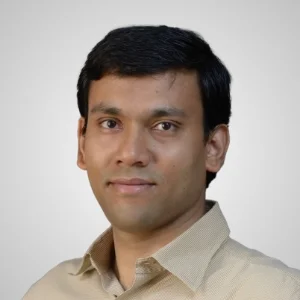Integrating GDI to mApp Enterprise
-
CDPG
-
August 13, 2025
-
Whitepaper
-
0 Comments
Website Abstract: Geospatial data analysis based on advanced machine learning techniques can help solve complex problems in multiple domains and help achieve the Sustainable Development Goals (SDG). Thus far there has been a challenge that stems from the lack of availability, non interoperability and non standard data formats that deterred from realising these benefits. This challenge has been recognised by …
Continue Reading
13th International Conference on Big Data and AI
-
CDPG
-
July 31, 2025
-
Updates
-
0 Comments
CDPG was proud to sponsor and contribute to the 13th International Conference on Big Data and AI (BDA 2025) at IIIT Bangalore. As part of the event, we hosted a special session on our Integrated Geospatial Data-sharing Interface (GDI), a key step toward implementing the National Geospatial Policy 2022. The session showcased GDI’s capabilities in enabling seamless data exchange via …
Continue Reading
Telangana Government and CDPG Launch Telangana Data Exchange to Power Responsible Innovation for Public Good
-
CDPG
-
July 3, 2025
-
Media Releases
-
0 Comments
Hyderabad / Bengaluru, July 2, 2025 — The Government of Telangana (GoT), in partnership with the Centre for Data for Public Good (CDPG) at the Foundation for Science, Innovation and Development (FSID), Indian Institute of Science (IISc), is proud to announce the launch of the Telangana Data Exchange (TGDeX) — a pioneering initiative that provides a secure, controlled environment for …
Continue Reading
ADeX by CDPG Enables Open Access to Climate-Resilient Agriculture Data in Telangana
-
CDPG
-
May 28, 2025
-
Updates
-
0 Comments
CDPG is proud to share that the Agricultural Data Exchange (ADeX) has made available key datasets from the DiCRA (Data in Climate Resilient Agriculture) program—an initiative by UNDP, NABARD, and the Government of Telangana. The release includes 15 datasets covering indicators such as NDVI, Leaf Area Index (LAI), NDWI, PM2.5, and Soil Organic Carbon (SOC) across multiple years for Telangana. …
Continue Reading
An Overview of the GDI Python SDK
-
CDPG
-
April 17, 2025
-
Blog
-
0 Comments
The GDI Python SDK is a command-line toolkit designed to streamline interaction with the Integrated Geospatial Data Sharing Interface (GDI), accessible at https://catalogue.geospatial.org.in. Built to support a wide range of geospatial workflows, the SDK enables users to efficiently access, process, and manage both vector and raster data within a unified, scriptable environment. With support for various storage backends including MinIO, …
Continue Reading
The Policy White Paper and Handbook for ‘Data Management Policy Framework Proposing Guidelines for Non-Personal Data Governance’
-
CDPG
-
April 8, 2025
-
Whitepaper
-
0 Comments
Website Abstract: This Policy White Paper have been developed by IIM Bangalore’s Center for Digital Public Goods (CDPG) and Indian Institute of Science (IISc). This handbook is intended to shape India’s approach towards management and governance of Non-Personal Data (NPD). By proposing these guidelines to Indian Ministry of Electronics and Information Technology (MeitY), we address critical gaps in …
Continue Reading
Landslide Damage Assessment, Wayanad, Kerala
-
CDPG
-
April 8, 2025
-
Blog
-
0 Comments
India is experiencing various forms of natural hazards including, earthquakes, landslides, floods, forest fires, cyclones, and drought etc. Among these, landslides are one of the more prominent and devastating natural hazards especially in the hilly areas of the country. The eastern part of Kerala state (Western Ghats) in southern India is highly prone to landslides due to its Physio‐climatic condition, …
Continue Reading
From Space to Soil: Leveraging Satellite and Weather Data for Flood Damage Assessment and Insurance Claims for Farmers
-
CDPG
-
April 8, 2025
-
Blog
-
0 Comments
In an era where climate change is bringing more erratic weather patterns, the consequences of heavy rainfall and flooding on agriculture can be devastating. Farmers, particularly those reliant on seasonal crops, are often left in precarious situations, struggling to recover from lost yields. In the early September of 2024, in NTR district of Andhra Pradesh, this harsh reality recently came …
Continue Reading
Assessment of Urban Heat Island (UHI) in Bengaluru Using Earth Observation Datasets.
-
CDPG
-
April 8, 2025
-
Blog
-
0 Comments
Rapid urbanisation causes several issues, including the Urban Heat Island (UHI) effect, where urban areas experience significantly higher temperatures than their rural surroundings. This is due to several factors associated with urbanisation, including the replacement of vegetation with buildings, roads, and other impermeable surfaces that absorb and retain heat. Additionally, heat emissions from industries and vehicles also contribute to the …
Continue Reading
CDPG Participates in GeoCities 2025
-
CDPG
-
April 5, 2025
-
Updates
-
0 Comments
Dr. Jyotirmoy Dutta was invited as a Distinguished Speaker at GeoCities 2025, a national conference on digital governance in Indian cities using geospatial intelligence and AI. Organized by IIT Tirupati with support from DST and NIUA, the event brought together key urban stakeholders. Representing CDPG, he shared insights on smart city data platforms like IUDX and GDI. Deepti Agarwal also …
Continue Reading

